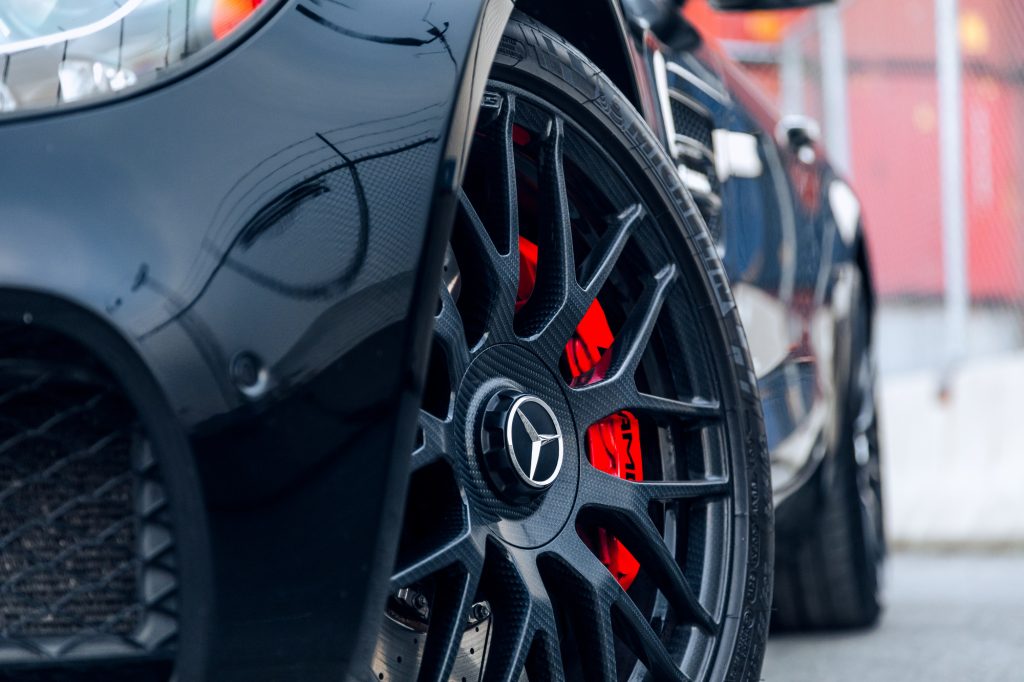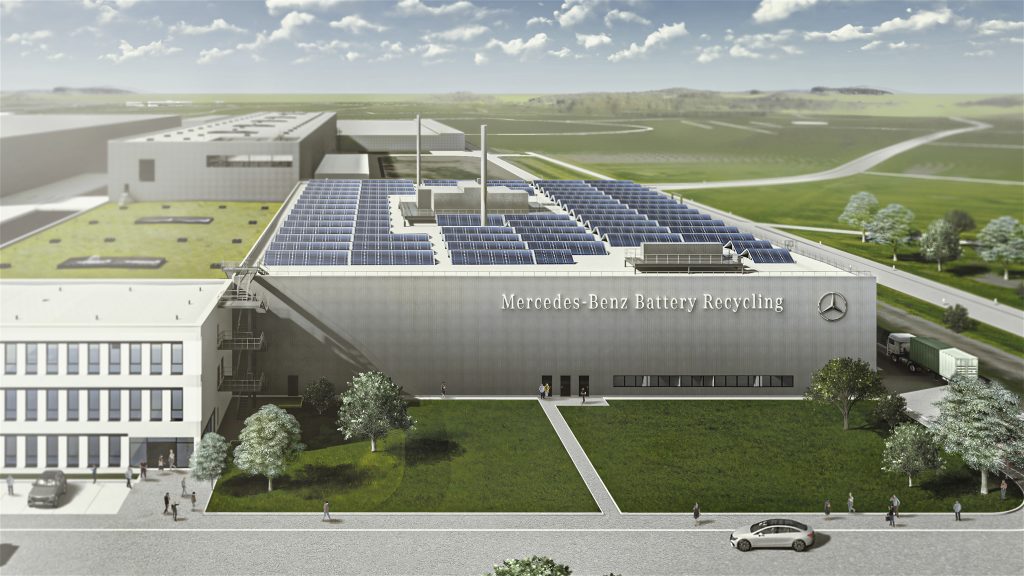Top 3 Emission-Reducing Technologies For Mercedes-Benz
Giancarlo Perlas March 24, 2023Recently, the European Court of Justice ruled in favor of the hundreds of thousands of Mercedes-Benz owners claiming misrepresentation of emission levels. In the run-up to this decision, the car giant was faced with endless lawsuits claiming that it installed so-called ‘defeat devices’ to skirt emissions testing, namely in nitrogen oxide emissions.

Amid the decision, it remains to be seen how the courts of various countries (European countries, in this case) will handle such claims over time. Regardless, as Mercedes-Benz braces for millions in compensation payouts, it’s also set to upgrade its plants to ramp up electric vehicle production and phase out all fossil-fuel models in the next few decades.
The technologies won’t come overnight, but the brand says it’s getting there one step at a time. As such, expect later models to feature some of the following emissions-reducing technologies:
1. Sila Batteries
Among the things preventing electric vehicles from seeing widespread use is their limited range. In a 2021 survey performed in the UK, it’s one of the two top reasons for not considering one, alongside not having enough charging stations. Many fear the car might run out of power before reaching its destination.
Range isn’t much of a problem among fossil-fuel cars, as gas stations are aplenty, even in remote areas. But there’s no denying that fossil fuel releases carbon dioxide and other gases into the air. Industry experts like DEAPerformance said of exhausts that these gases are major contributors to climate change, eating away at the protective layer preventing Earth from becoming too hot.
To address this significant limitation, Mercedes-Benz partnered with Sila Nanotechnologies to develop a new line of batteries. According to Sila, its silicon anode battery technology has a 20% to 40% higher energy density than the peak limit of current lithium-ion ones. It hopes to double the current peak energy density by 2031, gradually resolving range limitations.
It was reported that the new EQG, for release in 2024, will be the first Mercedes-Benz model to use this new battery technology. As one to be marketed as an off-roader, a battery that offers an extended range (reported to be 300 miles on a full charge) is sensible.
2. Low-Carbon Aluminum

It’s a well-established fact that lighter cars produce fewer emissions, as the reduction in weight means lower fuel consumption. A joint study by the International Automobile Federation (FIA) and the International Transport Forum found that reducing a car’s weight from 1,380 kg (3,042 lbs) to 1,000 kg (2,204 lbs) could lower emissions by 40%.
Fortunately, the FIA sees a downward trend in the average weight of cars, at least until 2050. For car manufacturers, consuming more raw materials in production defeats the purpose of creating a green—if not zero-emission—vehicle. They would have to requisition raw materials from more sources, whose respective production processes would generate more unwanted emissions.
Because of this, Mercedes-Benz is on the lookout for greener sources of raw materials, namely lightweight aluminum. Last December, it expressed its intention to partner with Norsk Hydro ASA, a renewable energy company in Norway, in supplying aluminum with 70% less carbon footprint than standard aluminum.
Mercedes-Benz is serious about using aluminum for its next-generation designs, one example being the recently spied E53 wagon. As wagons aren’t primarily the go-to cars for speed, the decision to use more aluminum in the new E53 will make that the case.
3. Battery Recycling

Amid a weaker resolution compared to the Paris Agreement, the recent UN Climate Change Conference (COP26) inspired countries and companies enough to take action against climate change. Mercedes-Benz was among the 11 automakers that signed a declaration of producing and marketing zero-emission vehicles in the future.
The company has taken steps since, not just in introducing said zero-emission vehicles to the market. Recently, it broke the ground on its upcoming battery recycling plant in Kuppenheim, Germany. It expects to begin dismantling old electric batteries by yearend.
According to a press release, the 7,000-square-meter (75,347 square feet) facility is expected to generate at least 2,500 tons of recycled metals and raw materials. With a recovery rate of more than 96%, the facility can produce enough materials for 50,000 battery modules. As per its long-term sustainability plan, it hopes its future models to be made from 40% recycled materials.
The move isn’t just to keep plastics and other wastes away from Mother Nature. In the case of metals, some of them used in producing batteries and electronics are scarce, while demand for electric vehicles is increasing. An International Energy Agency special report estimates that the demand would be 30 to 40 times the current production rate.
Conclusion
Emissions reduction isn’t only active in the new features being rolled out on future car models. Carmakers like Mercedes-Benz are more obligated than ever to ensure car production doesn’t negate the benefits of their low-emission vehicles. Granted that it doesn’t resort to cheating the system, it stands to benefit from the emissions-reducing technologies in use or coming soon.



